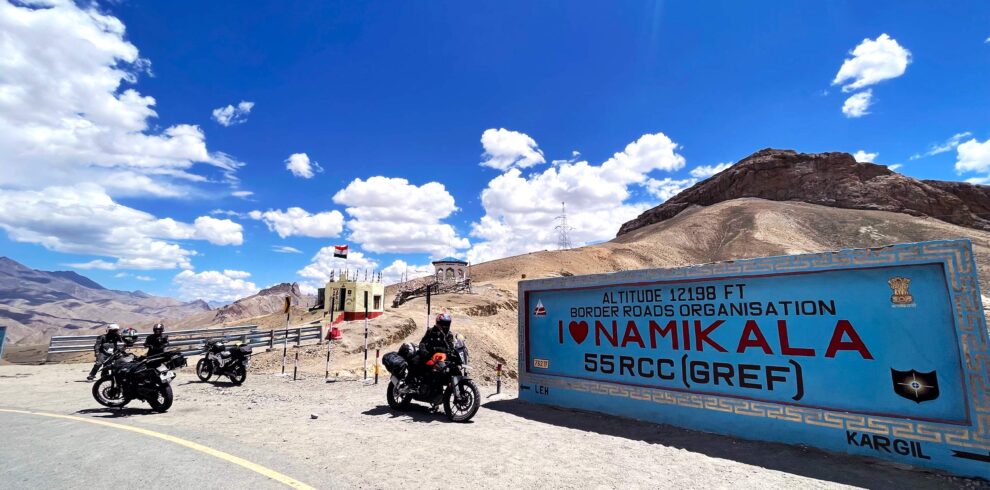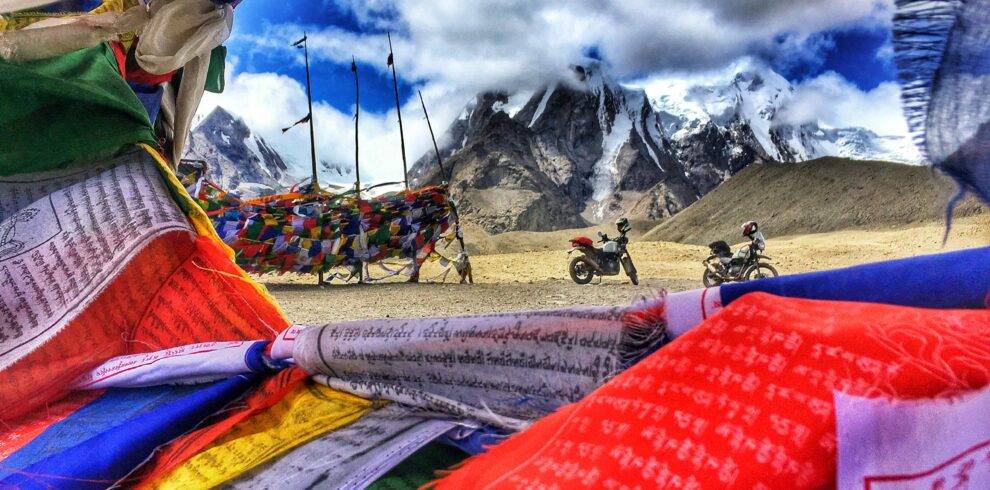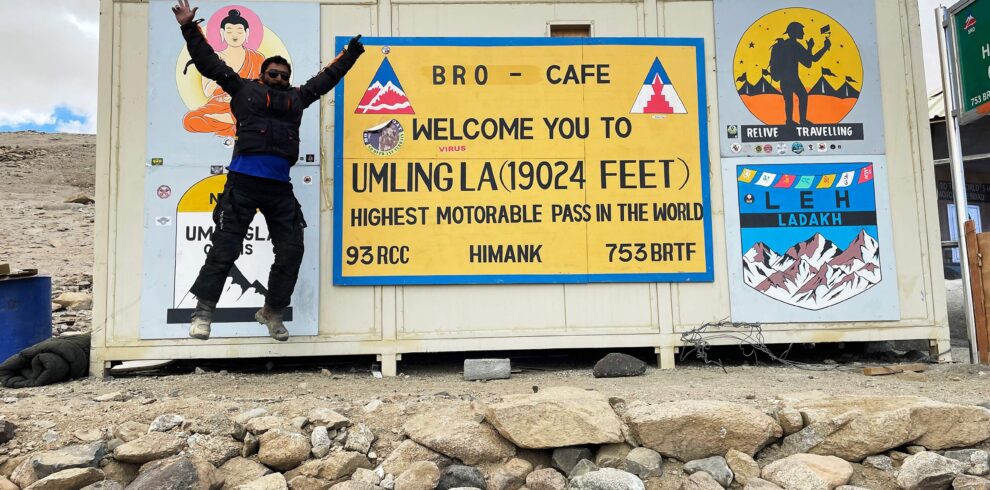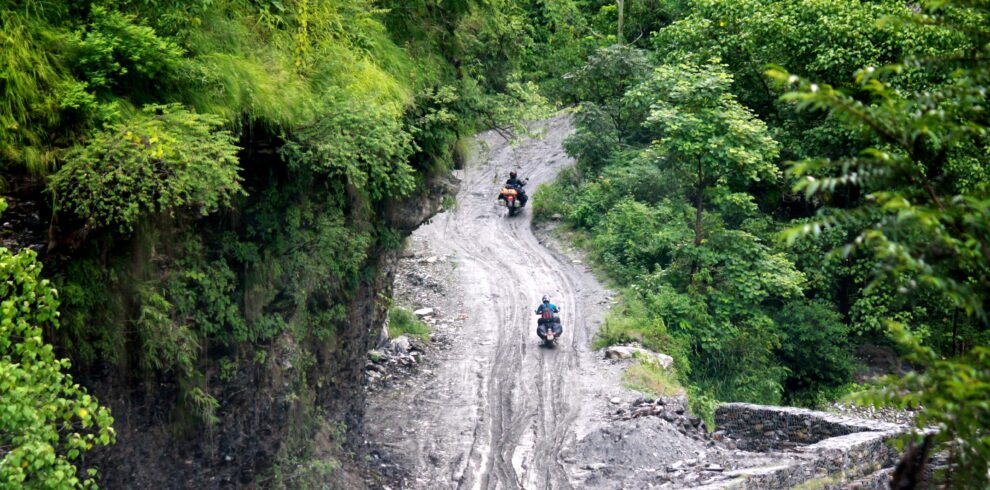Travelling through high passes, serene lakes, ancient monasteries, listening to tranquil sound of chants, feeling the chill in the air and smile on your face these are some of the experiences we promise you on a road trip you will remember for the rest of your life.
Come & experience a visual delight for your soul and body as we lazily ride through long and winding roads. Come and get Leh’d with us on a journey across cultures so diverse and land so different.
Dates:
6th June – 16th June 2024
21th June – 1st July 2024
6th July – 16th July 2024
21th July – 31st July 2024
5th August – 15th August 2024
20th August – 30th August 2024
4th September – 14th September 2024
Pricing :
- Rented Bike with Fuel (Single Rider): Rs. 49999.00
- Double Sharing Rented Bike with Fuel: Rs. 39999.00 (Per Person)
- Rider/Pillion (Self Bike/Car): Rs. 26999.00 (Per Person)
- Seat in Backup Vehicle: Rs 32999.00(Per Person)
Overview
Travelling through high passes, serene lakes, ancient monasteries, listening to tranquil sound of chants, feeling the chill in the air and smile on your face these are some of the experiences we promise you on a road trip you will remember for the rest of your life.
Come & experience a visual delight for your soul and body as we lazily ride through long and winding roads. Come and get Leh’d with us on a journey across cultures so diverse and land so different
The origin of the word “travel” is most likely lost to history. The term “travel” may originate from the Old French word travail, which means ‘work’. According to the Merriam Webster dictionary, the first known use of the word travel was in the 14th century.
It also states that the word comes from Middle English travailen, travelen (which means to torment, labor, strive, journey) and earlier from Old French travailler (which means to work strenuously, toil). In English we still occasionally use the words “travail”, which means struggle. According to Simon Winchester in his book The Best Travelers’ Tales (2004), the words “travel” and “travail” both share an even more ancient root: a Roman instrument of torture called the tripalium (in Latin it means “three stakes”, as in to impale).
High Mountain Passes and High Altitude Lakes
- High Mountain Passes and High Altitude Lakes




